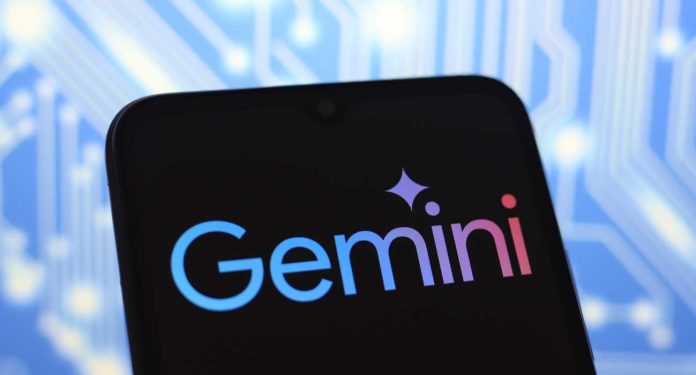Google launches Gemini 3.0 with “Deep Think” and autonomous agent abilities, aiming to outpace OpenAI and prove AI can deliver real revenue—not just hype.
For the past two years, Google has found itself in an unfamiliar position, playing catch-up. Since the dawn of the generative AI boom, the search giant has pursued OpenAI, trading blows for blows in a battle for technological supremacy that has captivated Wall Street and Silicon Valley alike.
On Tuesday, Google attempted to alter the terms of engagement.
The company unveiled Gemini 3.0, a comprehensive update to its artificial intelligence suite that executives say offers more than just conversation capabilities. The new model is designed to be “agentic”—capable of reasoning through complex tasks, writing software code, and executing workflows across browsers and terminals with minimal human oversight.
The release marks a critical pivot in the industry’s trajectory: a shift from chatbots that passively answer questions to autonomous agents that actively perform work.
Also Read: GenAI Search Is Rewriting the Shopper’s Playbook
The Push for ‘Deep Think’
At the center of the update is a new capability Google calls “Deep Think,” a reasoning engine designed to pause and deliberate before responding to complex queries. This feature directly targets a similar “thinking” architecture popularized by competitors earlier this year, signaling that Google is no longer content to match features merely, but aims to exceed them in execution.
“This is the best model in the world for multimodal understanding,” Sundar Pichai, the chief executive of Google’s parent company, Alphabet, said in a statement.
The stakes for Mr. Pichai are immense. While Google remains a titan of profitability, its stock has faced volatility amid fears that AI could eventually cannibalize its core search engine business. The release of Gemini 3.0 is as much a signal to investors as it is a tool for users: proof that Google can monetize its massive investments in infrastructure.
From Chatbots to ‘Antigravity’
The most significant differentiation in Gemini 3.0 may not be its conversational eloquence, but its utility for software developers. Google introduced a new interface dubbed “Antigravity,” a workspace where the AI can operate as a coding partner.
Unlike previous assistants that simply suggested snippets of code, Antigravity is designed to handle multiple panes—coding editors, command-line terminals, and browser windows—simultaneously. It allows the AI to write, test, and debug applications in a continuous loop. This feature moves the technology closer to the long-promised vision of an autonomous “AI employee.”
According to Demis Hassabis, the chief executive of Google DeepMind, the model has achieved top scores on internal and external benchmarks, including “Humanity’s Last Exam,” a rigorous test designed to measure reasoning capabilities that have previously stumped other models.
Also Read: Is Your Martech Stack Ready for Agentic AI?
The ‘Agentic’ Era
The tech industry has coalesced around the idea of “agents” as the next frontier. While chatbots like ChatGPT and the earlier versions of Gemini dazzled the public with their ability to write poetry or summarize emails, businesses have demanded tools that can reliably execute complex, multi-step workflows without hallucinating or stalling.
With Gemini 3.0, Google is betting that the user interface of the future is not a chat box, but a collaborative canvas where the AI takes the lead.
However, the rollout comes at a fragile moment for the sector. Skepticism regarding the return on investment for AI is growing. With billions spent on Nvidia chips and data centers, tech giants are under increasing pressure to prove that these tools can generate revenue, not just hype.
By integrating Gemini 3.0 immediately into its most profitable engines—Search, Workspace, and Google Cloud—Google aims to accelerate monetization. The question remains whether corporate America is ready to hand over the keys to autonomous agents, or if the technology will remain, for now, an impressive experiment in search of a business case.










